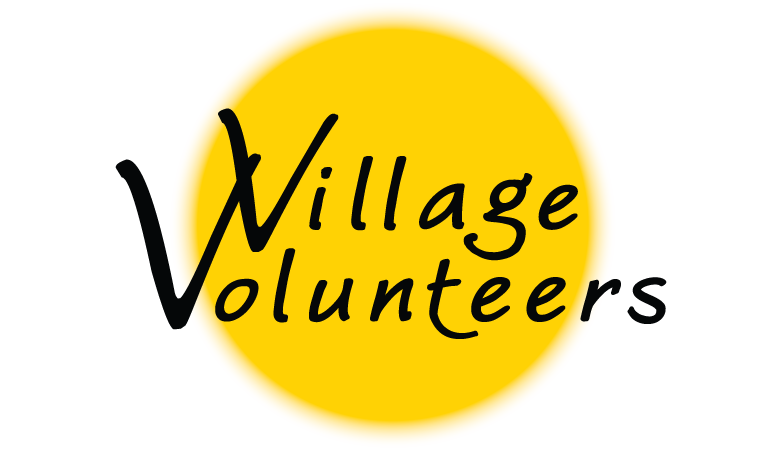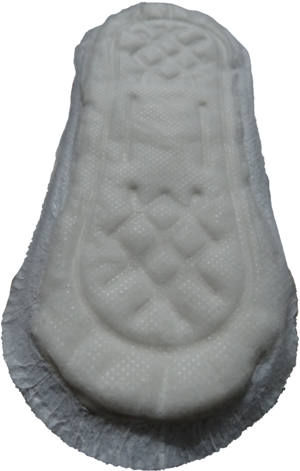Empowering Women Period
Addressing the needs of girls while employing marginalized women
The mission of Empowering Women Period (EWP) is to facilitate the setting up and running of women-owned social enterprises that manufacture biodegradable hygiene products to help girls and women handle their periods safely, hygienically and inexpensively, To learn the history of Empowering Women Period, listen to KUOW National Public Radio interview .
The research and development of the project began in 2008. The discoveries were from four continents in an effort to develop a fully biodegradable sanitary pad that used water hyacinth and other waste material to create a sustainable business model that employed marginalized women. The project became a reality in 2015 in Kolkata India with New Light, our NGO partner.
In 2016, the project received outstanding recognition.
2016 – UN Women Award, Project Inspire for Empowering Women Period.
2016 – UN Women Project Inspire People’s Choice Award
2016 – Mazars Financial Inclusion Award “Empowering women through business”.
2017 – Scholarship Awarded from INSEAD – The world’s leading and largest graduate business schools
All over the world, girls face unthinkable challenges when they begin menstruation. Girls without access to low cost, convenient and reliable sanitary pads must resort to less effective solutions that often leak such as leaves, unsanitary scraps of cloth, husk ash, and sand. Most young women lack privacy to be able to wash and dry reusable cloth pads. Without access to clean water, dangerous bacteria can grow on cloth pads and menstrual cups. Imported pads are plastic, difficult to dispose of and expensive.
Without access to hygiene products girls can miss up to 50 days of school per year, causing them to fall behind in class and be ill-prepared for national exams that would have given them a chance to receive an education. Other barriers to education include the disempowerment that comes from menstruation. Inconvenience and taboos, social marginalization and low self esteem result because of lack of awareness around menstrual health. After missing large amounts of school, girls are rarely eligible for scholarships and are often unable to attend secondary schools.
Access to education can significantly change the course of a girl’s life. It is estimated that when a girl receives seven or more years of education, she marries four years later and has 2.2 fewer children, giving her the opportunity to reach her full potential. Additional schooling also provides life-saving public health education, such as HIV/AIDS prevention.
Public Health & Environmental Implications:
The use of non-hygienic, alternative options for sanitary pads for women and girls can lead to health issues such as pelvic infections, urinary tract infections, reproductive tract diseases, increased risk of HIV/AIDS, cervical cancer, and maternal death may result due to poor menstrual hygiene. A biodegradable material can be disposed of in a pit latrine and with any rudimentary sanitation.
One of the biodegradable materials use is water hyacinth. The proliferation of the invasive species water hyacinth threatens biodiversity and destroys native plants, fish and other species by depleting natural nutrients and de-oxygenating the water. Water hyacinth speeds water evaporation, therefore, shrinking sources of fresh water at an incredibly rapid rate. It is estimated that the flow of the Nile has been reduced by 10% as a result of the water hyacinth in Lake Victoria.
Production
The production of a locally manufactured, biodegradable sanitary pad made from water hyacinth and other local agricultural waste. They employ marginalized women in communities with little or no opportunities for employment.
Education
Marketing and educational training resources are provided to the women’s cooperatives. The information educates women on how to break social stigmas and how to alleviate menstrual management difficulties.
India
Set up in 2015, vulnerable women from the red light district in Kolkata manufacture low-cost, biodegradable sanitary pads. Most of the 12 employees have been victims of trafficking, or are from inter-generational prostitution families. All have experienced abuse with little opportunity in life.
They call their company “Mukti” meaning liberated in Sanskrit. The project in India has oversight from our partner NGO, New Light, whose mission is to empower vulnerable women and children.

